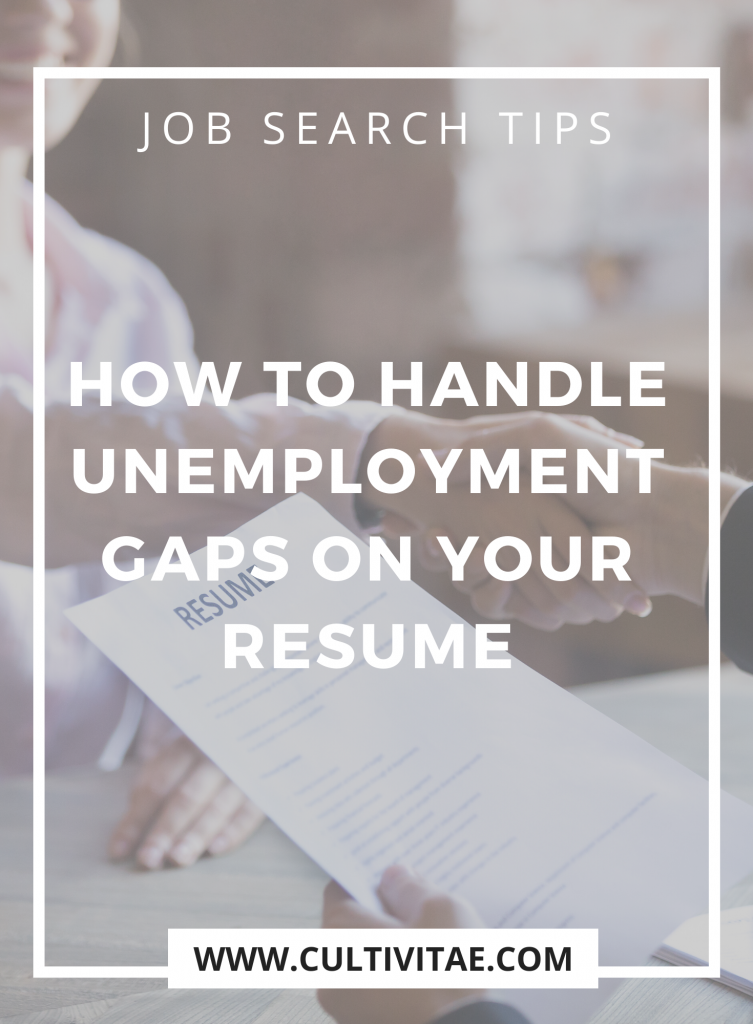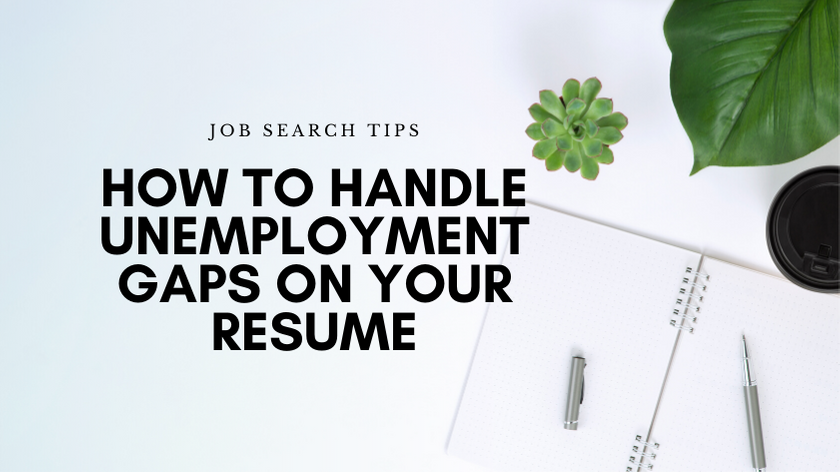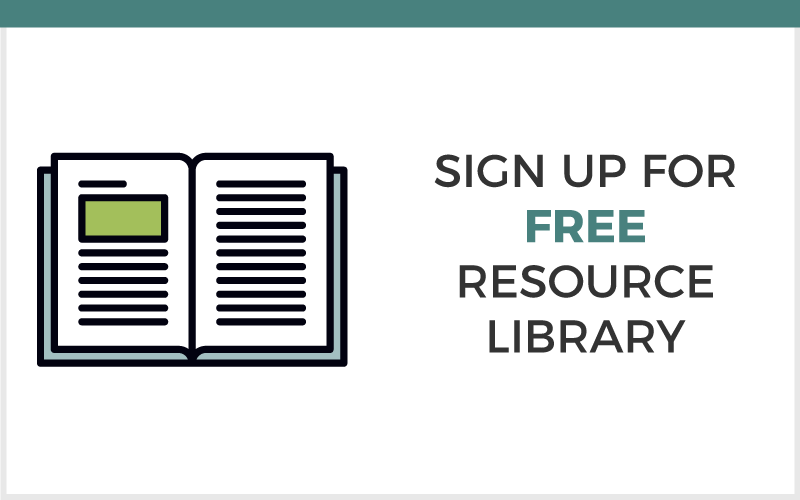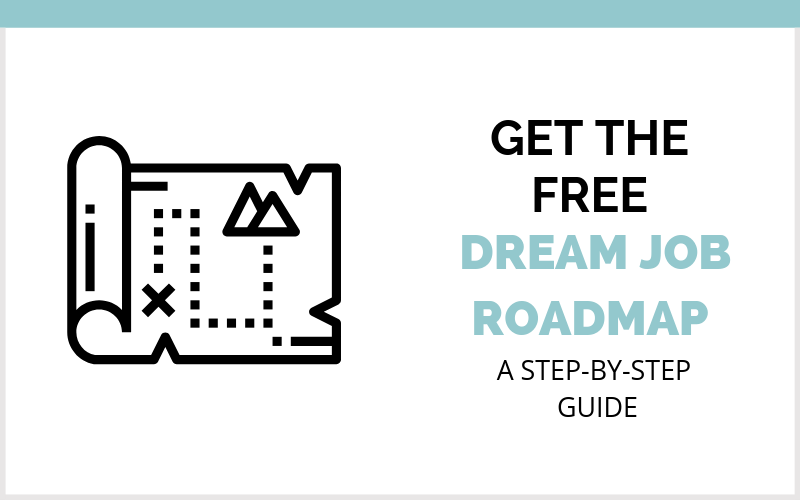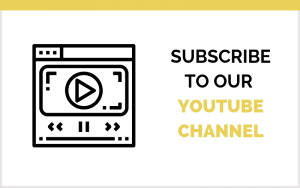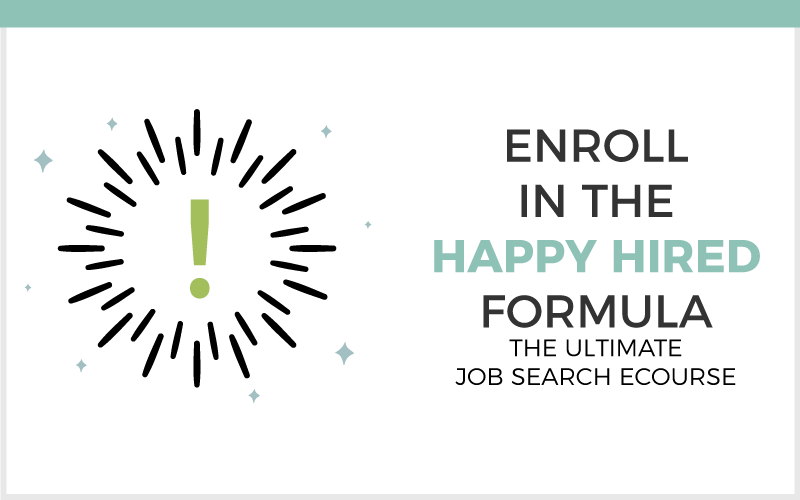Many, many, many, many job seekers come to me expressing fear about addressing unemployment gaps during the job search process. In this article, I’ll be giving a few important tips on how to handle unemployment gaps on your resume so you can move forward with confidence. You’re welcome to watch the video instead, or continue reading along here!
How to Handle Unemployment Gaps On Your Resume
Dispelling the Stigma Around Unemployment
First and foremost, I want you to take a deep breath. If you have been laid off, fired, or just needed to leave a job for whatever reason, it’s ok. I want you to know that a vast amount of people have become unemployed through unexpected reasons, many of which were entirely out of their control. There are a lot of reasons why somebody would leave an organization, so I want to just take away the stigma of unemployment gaps. If you feel like you have a Scarlet letter on your resume or on yourself as you go through the interview door, please know that what you’ve experienced is completely normal and acceptable. It’s going to be ok!
At one point, I had an unemployment gap for six months and nobody really asked about it, because I didn’t put my attention on it. Similarly, my husband actually traveled the world with me, came back after being unemployed for a year, and landed his job at the time! During the interview process, most people actually asked him more about his travels and less about whether or not he knew the latest civil engineering laws. It was really not a big deal because we didn’t make it a big deal!
Even Steve Jobs got fired from his own company. Oprah Winfrey, J.K. Rowling, and Walt Disney, and were also fired! If these titans in their industries were fired and still made out alright, you can too. So let’s take away the stigma once and for all.
Avoid Having a Pattern of Employment Gaps
Although I want to be clear that employment gaps aren’t as bad as you think they are, there is an exception to that rule. When you have a pattern of employment gaps, meaning you have a history of multiple short stints of employment in a row with gaps in between each, this is a glaring red flag to hiring managers and recruiters. This type of employment history causes employers to doubt your reliability and wonder if you’re hiding something. This is something to keep in mind as you make decisions throughout your career. However, most job seekers don’t fall into this category of patterned job-hopping. So if employment gaps make up the minority of your work history, you don’t have to worry! With the right positioning, occasional employment gaps are no big deal.
RELATED: BUILD A POSITIVE REPUTATION + RELATIONSHIPS
Addressing Unemployment on Your Resume and in Interviews
Now that we’ve cleared that the employment gap isn’t as big of a deal as you think it is, let’s move over to how to actually address this. I’ve had a lot of job seekers tell me that they heard somewhere down the road that you’re less marketable when you’re unemployed. And while it’s true that the best time to job search is when you’re in a job, trust me when I say every single person that really wants a job, even if they’re unemployed, can still land a job. It does require some strategy, which we’re going to go through, but it is completely possible.
Don’t Make This Mistake When Explaining Employment Gaps
A lot of job seekers I talk to overextend the dates that they’ve been working or kind of fib a little bit here and there and have some embellishments on their resume. I want to make sure that you’re not doing that. One of the biggest parts of the employment verification check is calling your past employer. They’re going to verify three things…. One, did you actually work for this company? Two, what was your title? And three, what were your dates of employment? If there are any discrepancies there, there is a chance they may rescind the offer. If you lie on your resume, they might be wondering, “Hmm, I wonder what else this candidate is lying about”. So you never want to lie, but instead, you should confront the situation.
How to Positively Frame Employment Gaps During an Interview
Now let’s talk about the inevitable interview question that comes up for job seekers with employment gaps. You will likely be asked why you left your position, and what you did during that gap of time. The most important thing here is to realize that your interviewer wants to hear a positive response. They’ll be curious to know what you were doing during your time off that allowed you to further your skills, your experience and your knowledge. So for instance, if your reason for voluntarily resigning was because you needed to take care of an elder family member, you can absolutely state that. And the positive spin that you would add to that is letting them know that that matter has since been resolved, and you’ve been taking proactive steps to get back into the workforce.
If, for example, you were let go because of redundancy in the workforce or something similar, you can absolutely share what you’ve been working on in the interim. You might say something like, “When this happened, I really took some time to assess what I’m looking for in my next chapter”, and follow up with a statement that aligns you to the position and the company you’re interviewing for. Whenever possible, sprinkle in some of the skills you’ve been learning or brushing up on, courses you’ve been taking, books you’ve been reading, etc. You want to make it abundantly clear that you’ve been actively staying up to date with the latest knowledge and regulations within your industry.
GET MY FREE RESUME CHECKLIST INSIDE MY FREE RESOURCE LIBRARY
Crafting Your Resume in a Favorable Light
There are many ways that you can craft your resume in a favorable way while still being honest and true. For example, you might take off specific months and just leave the years you worked somewhere. Perhaps you use the cover letter to supplement your resume and share why you recently left. You can put in parentheses next to your dates of employment, “RSL”, which is an acronym for “Reason for Leaving” and then share something that’s out of your control. Whether there was a company acquisition or a budget cut, you can share that. So right off the bat, those questions of why you left are already addressed? This will let hiring managers know it had nothing to do with your performance, and you had no control over it.
RELATED: APPLICANT TRACKING SYSTEM: WHAT TO KNOW BEFORE SUBMITTING YOUR RESUME
How to Portray Contract Assignments
If you have contracted assignments on your resume, you might consider grouping them together to make the employment dates longer and explain each project in the description below the title. Five months on one assignment, seven months on another, and four months somewhere else can really add up to a significant timeline of experience! Or if you have been working on specific projects at different companies, you might want to just consider putting “Contractor” next to your title in parentheses. Play around with your resume to see which arrangement makes the most sense for you and the experience you have.
At the end of the day, your resume is a marketing tool to just get you to that front stage of the interview. The actual interview itself is where you can elaborate and expand on those specific details of why it is that you left. So let’s move now into the actual interview portion and jump into how to position yourself as a desirable candidate.
Positioning Yourself as a Desirable Candidate
I can’t emphasize this enough: You control your narrative. If you’re thinking of saying, “I was really unhappy with my toxic work environment and my boss and couldn’t handle it any longer so I decided to just quit,” or “I’ve been job searching for the past eight months and nobody’s calling me back,” something needs to change. That’s not the best way to position yourself as a desirable candidate. So what might you want to state instead? Start by focusing on the future position. Why are you sitting in that chair today? What is it about that position, that role, that company, or that environment that is perfectly aligned for you?
RELATED: HOW TO CREATE AN OPTIMIZED LINKEDIN PROFILE
Shifting the Narrative Surrounding Your Employment Gaps
You can say something like, “While I really loved my last position at Disney and was disappointed to learn that I was part of a company-wide layoff, it actually came as a blessing in disguise because after spending three years there, I realized I wanted to start moving my career into the direction of working for an innovative tech-forward space. And that’s why I’m so excited to be interviewing for Airbnb, as I have utilized your guys’ platform for the past five vacations and absolutely love how easy it is to find these hidden gems. So as a project manager, it would be amazing to help build out new features and create this platform that should be utilized for all travelers around the world.”
I completely made that up, but you can see how there’s less of a negative focus on the unemployment and the difficulty of finding a job, and more of an intentional focus on the positive aspects of the situation. Start by getting clear on what you want, why you are perfectly positioned for the role, and the reasons why it would be such an exciting opportunity. Hiring managers can see the desirability of a candidate like this even if they might have been unemployed for the past year.
How you present yourself during the job search and interview process is entirely up to you. Just know that you are just as marketable today as you were on day one of your job search, and you can absolutely land your dream job!
If you’re interested in getting full job search support, be sure to check out my free resource library, join my free Facebook community, and take a look at my Happily Hired programs. My comprehensive job search programs are for those who want to take everything we talked about here to the next level. Feel free to reach out with any questions on how you can get full support!
